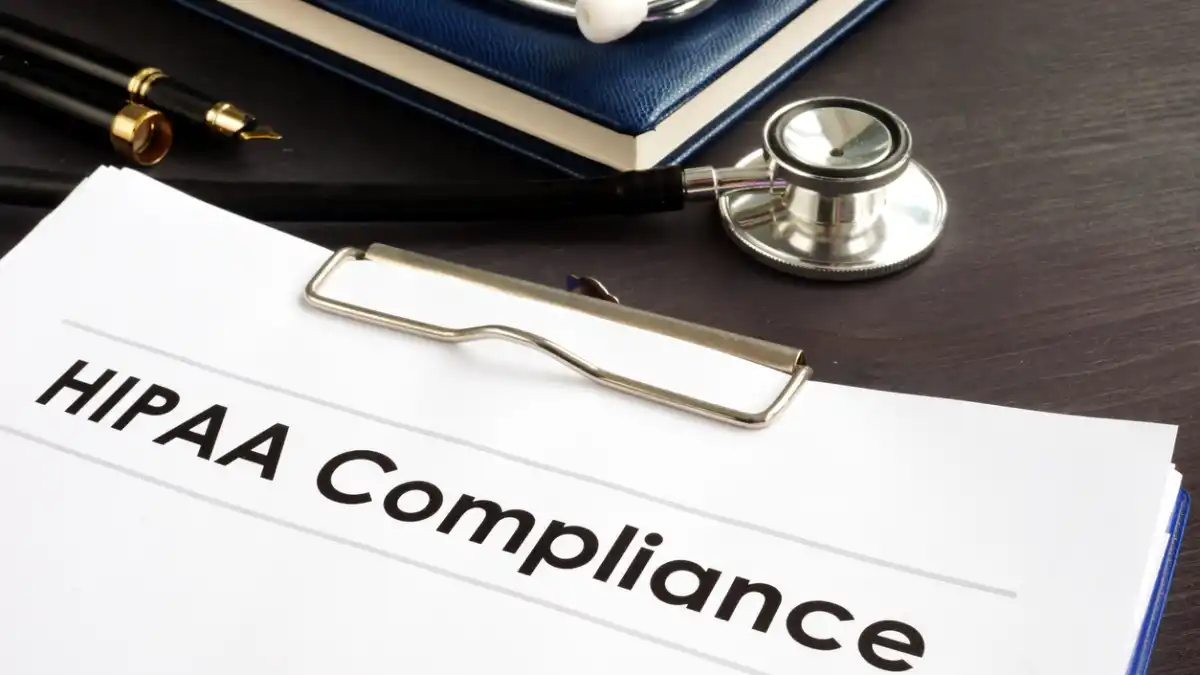Human Resources managers are charged with a vast range of tasks in their varied positions, which may differ drastically from one firm to the next. Those responsibilities can be quite complex for HR managers of companies that are covered entities or business associates under the Health Insurance Portability and Accountability Act of 1996 (HIPAA), and they necessitate collaborative efforts between the HR manager and the company’s Privacy and Security officers.

Table of Contents
Entity Types
Finally, whether an entity is a covered entity or a business associate will determine its duties under HIPAA. The vast majority of enterprises are not protected. HIPAA defines covered entities as health care providers who submit electronic claims, insurance companies, and health care clearinghouses. However, more businesses are increasingly opting to self-insure their workers, and a business with a self-insurance plan is deemed a covered entity in terms of its self-insured plan.
If the company is classified as a covered entity, it must comply with all of the requirements of the Privacy and Security Rule, which may be found at 45 CFR Parts 160 and 164, as well as the revised standards of the Health Information Technology for Economic and Clinical Health (HITECH) Act. If the corporation is a business partner, it must comply with all aspects of the Privacy Rule, as well as the Security Rule provisions made available to business associates by the HITECH Act.
Regulations and Policies
Once it has been confirmed that an organisation must comply with HIPAA, it is time to develop the necessary rules and procedures – a job that is much more difficult than it seems and that many people underestimate and neglect. This is a time-consuming process that requires a thorough grasp of not just HIPAA, but also of the organisation and how it will effectively apply those policies and procedures as it seeks for complete compliance.
Adequate HIPAA policies and procedures are not one-size-fits-all, and what works best for one business may not work at all for another. Policies and processes should be tailored to the entity’s size, activities and services, and other distinguishing qualities.
Responsibilities Delegated
Though responsibility for developing and implementing these policies and procedures rests with the entity’s designated Privacy and Security Officers, this designation might also fall on the entity’s HR manager (s). Even if the entity’s Privacy or Security Officer is not an HR manager, HR management will be involved in HIPAA compliance in some capacity. HR may be tasked with assisting the Privacy and Security Officer in the implementation of policies and procedures to the entity workforce, and will undoubtedly play a critical role in ensuring that the workforce receives the required annual HIPAA training, as well as updates and training on any changes introduced in policies or procedures.
Health Information that has been encrypted
HR managers often have access to at least part of their workers’ protected health information, which varies based on the entity’s kind and purpose. Human resource managers must understand and adhere to HIPAA and HITECH rules for the use, disclosure, maintenance, transfer, safeguarding, and access to this information. This might include the organisation entrusted with recording all disclosures, issuing needed accountings, and keeping track of business associates who may make disclosures. Furthermore, HR managers should be prepared to react to any request for such information, whether it comes from an employee, another person, a subpoena, or law enforcement.
A Continuous Procedure
HIPAA compliance is only in place for the time being. The initial acquisition and complete implementation of all essential rules and processes is without a doubt the most onerous component of HIPAA compliance, but it doesn’t stop there. In addition to regular worker training and occasional security reminders, the organisation must conduct an annual Security Risk Assessment of its policies and processes, potentially susceptible areas, and what the business may do to address those issues. HR managers can play a critical and unique role in their organization’s HIPAA and HITECH compliance, and should be sure to familiarise themselves with the requirements of these rules, as well as develop strong working relationships and open lines of communication with others within their organisation who play a role in the entity’s compliance. Compliance is a collaborative endeavour, and it should be addressed as such in order to get the greatest outcomes.
If you know your organisation is presently non-compliant or behind on their standards, it is advisable to try to correct the issue as quickly as feasible rather than postpone it. The longer compliance is postponed, the more difficult it will be for the business to catch up. Keeping up with compliance provides a quicker fulfilment of the yearly obligations and may possibly save your organisation millions of dollars in federal civil fines.
